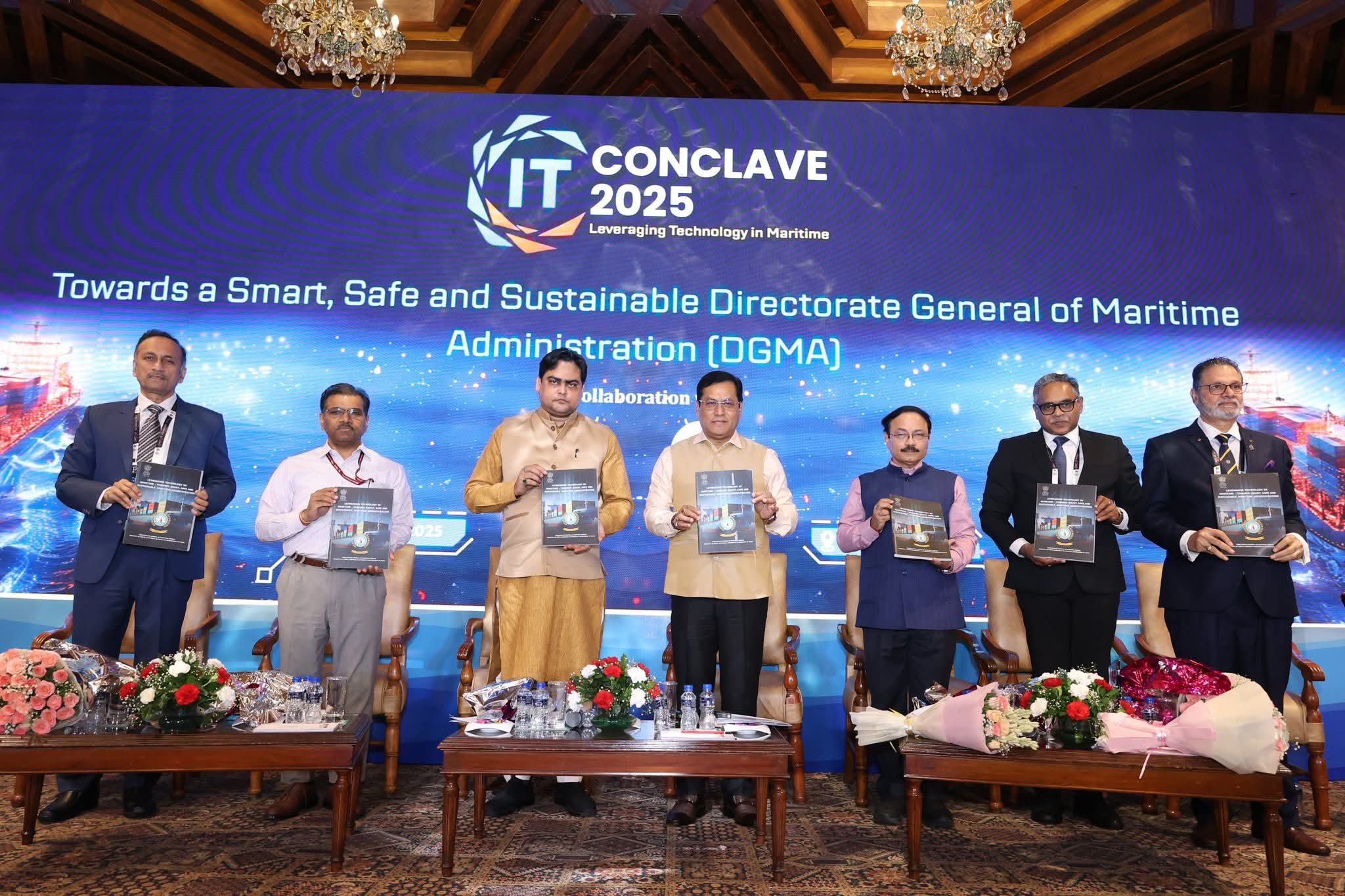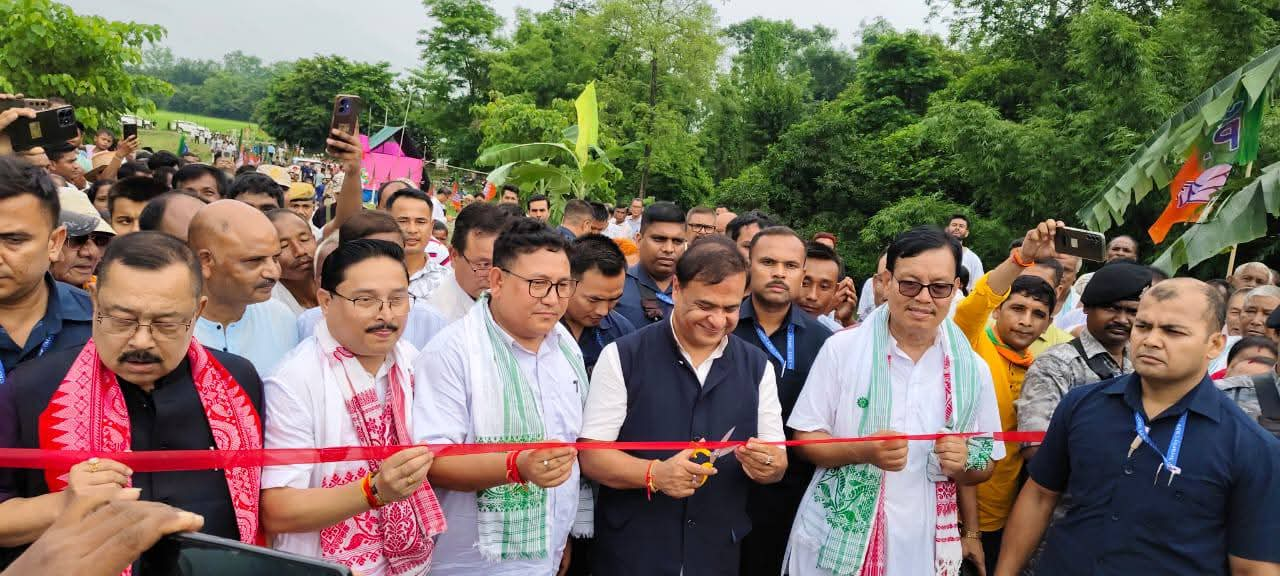Pakistani Nationals in Fear as India Downgrades Diplomatic Ties After Pahalgam Terror Attack
Tensions between India and Pakistan have once again flared up following the deadly terror attack in Pahalgam, Jammu and Kashmir, which left several Indian security personnel dead and many injured. In a swift and stern response, the Indian government has announced the downgrading of diplomatic relations with Pakistan, triggering a wave of uncertainty and fear among Pakistani nationals residing in India and those with ongoing travel, education, or business plans across the border.
The Pahalgam Attack: A Flashpoint
While no group has formally claimed responsibility, Indian officials have pointed fingers at Pakistan-based militant networks. The Ministry of External Affairs summoned Pakistan’s chargé d’affaires in Delhi to register a strong protest, accusing Islamabad of “harboring and supporting” terror groups that continue to target India.
Diplomatic Fallout
Following high-level meetings, India announced the immediate downgrade of diplomatic ties with Pakistan. Measures include:
Reduction in the strength of diplomatic staff at both embassies.
Suspension of cross-border people-to-people contact initiatives.
Review of trade, visa, and cultural exchange agreements.
This marks the lowest point in Indo-Pakistani relations since the Balakot airstrikes in 2019.
Fear and Uncertainty Among Pakistani Nationals
The diplomatic freeze has had a direct impact on thousands of Pakistani nationals currently in India. Many students, professionals, and visitors now face visa complications, increasing scrutiny, and social anxiety.
“I came here for a research fellowship. Now I’m being advised to avoid public places and keep a low profile,” said Hira N., a Pakistani PhD student in Delhi. “There’s a growing sense of fear.”
Meanwhile, Pakistanis with family members in India are anxious about their safety amid rising anti-Pakistan sentiment in some regions. Indian authorities have urged the public to maintain peace and avoid targeting individuals based on nationality.
Calls for Calm
Several rights groups and activists have called on both governments to exercise restraint. “Terrorism must be condemned unequivocally, but innocent people should not become collateral damage in diplomatic retaliation,” said a spokesperson from the South Asian Peace Initiative.
There is also a growing chorus on social media urging both sides to avoid further escalation. Hashtags like #StopTheHate and #PeaceNotWar have begun trending, highlighting the voices of those who want dialogue, not division.
What Next?
While the situation remains tense, observers say that backchannel diplomacy may still be at play. However, unless there is a breakthrough in investigations or a notable de-escalation effort from either side, the current diplomatic freeze is likely to persist.
For now, Pakistani nationals in India remain on edge, caught in the crossfire of a long and bitter rivalry reignited once again by violence.

